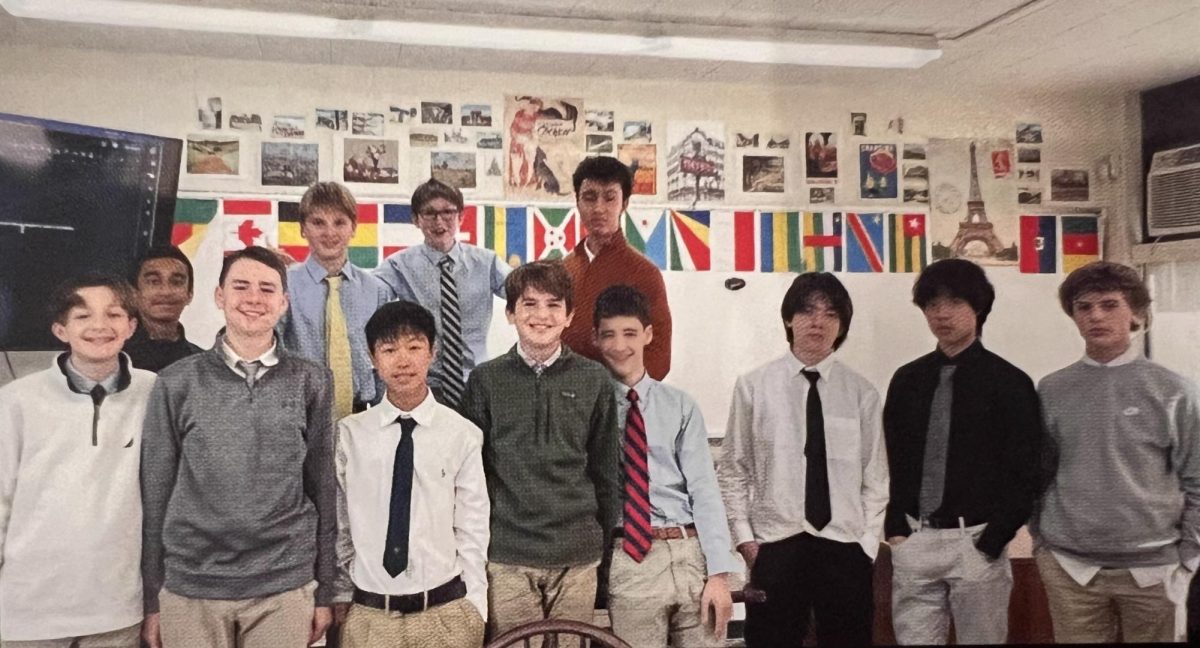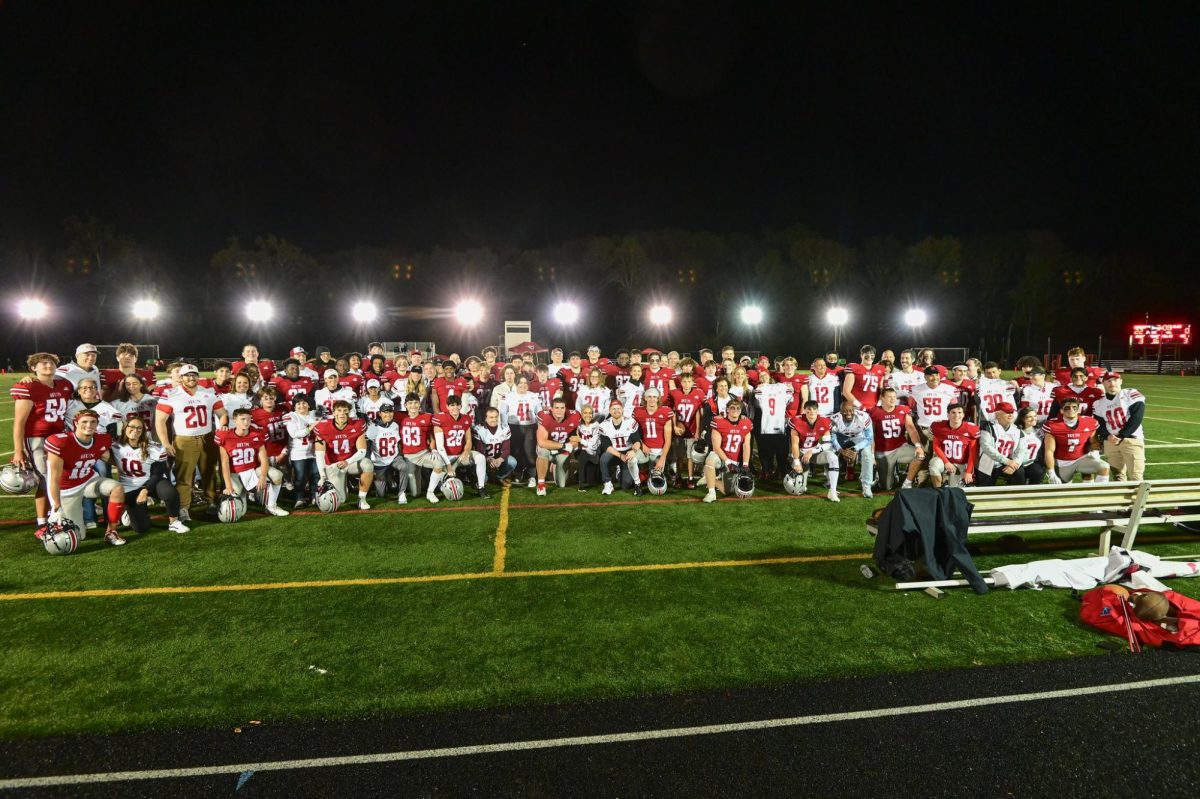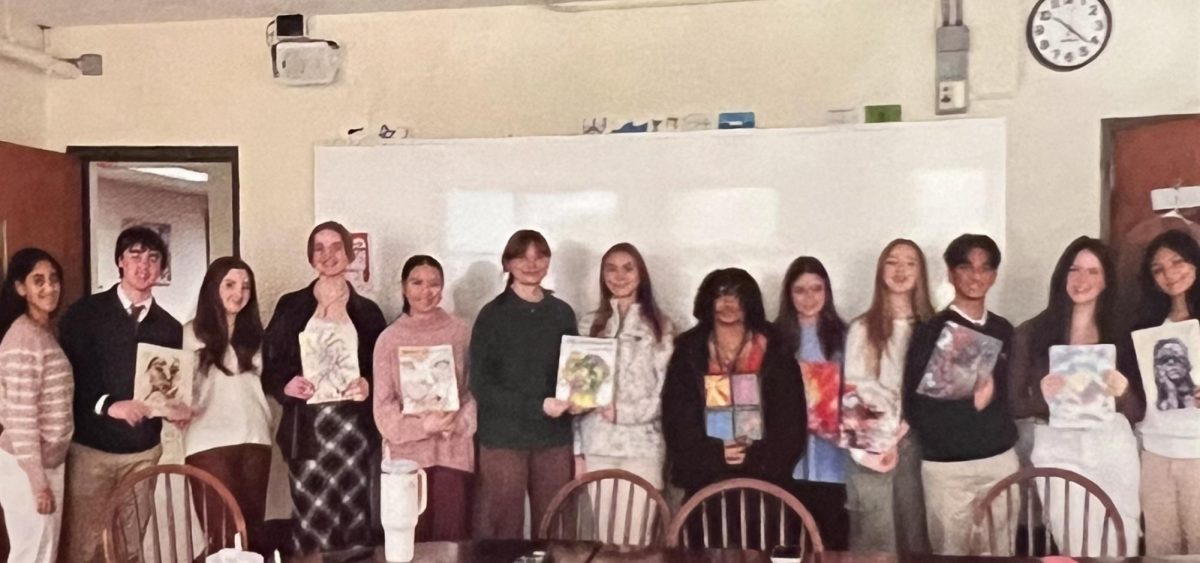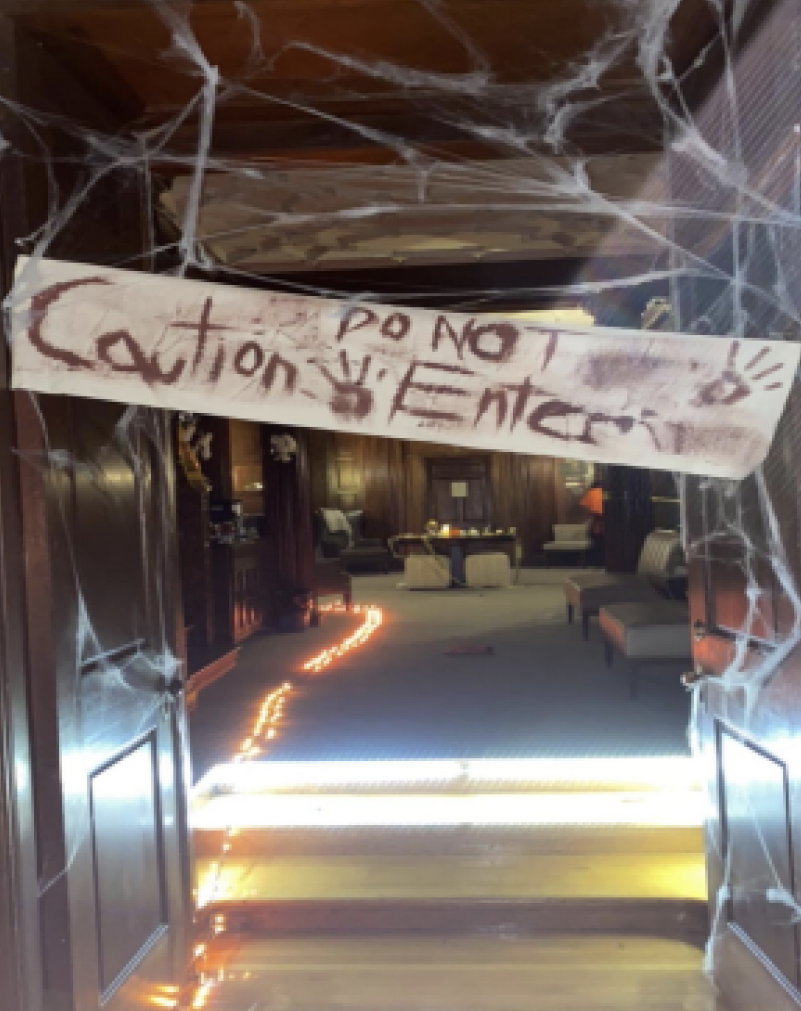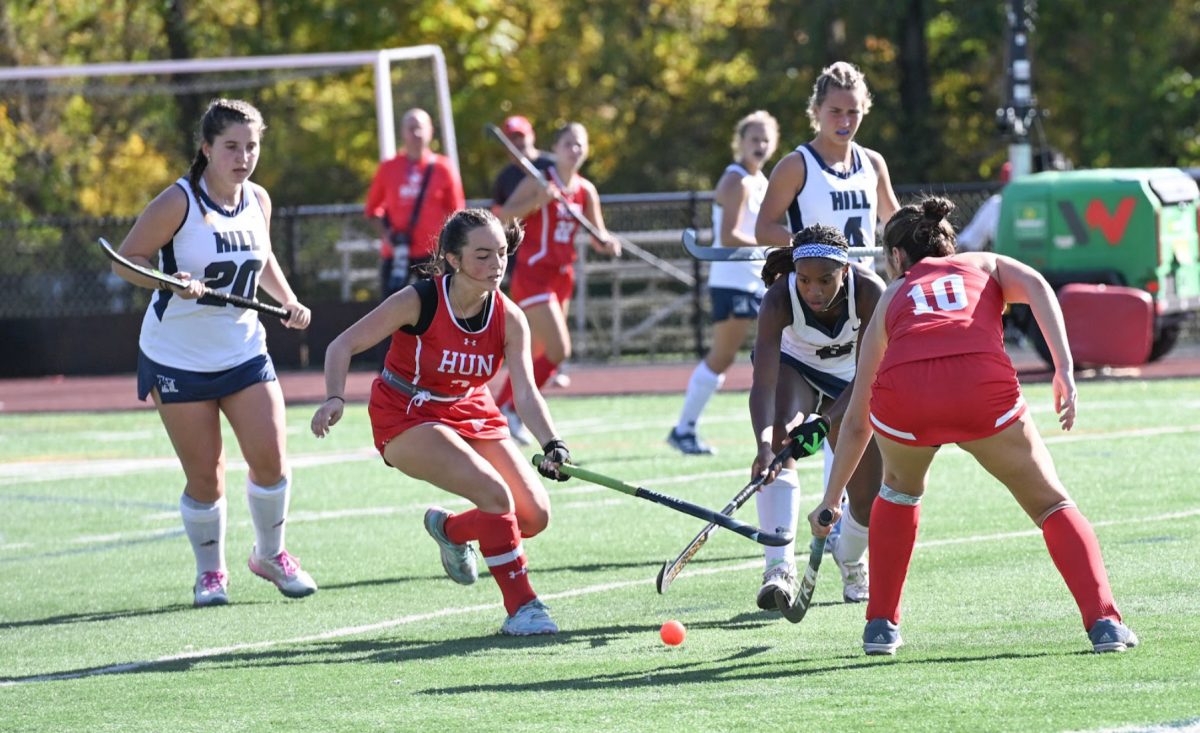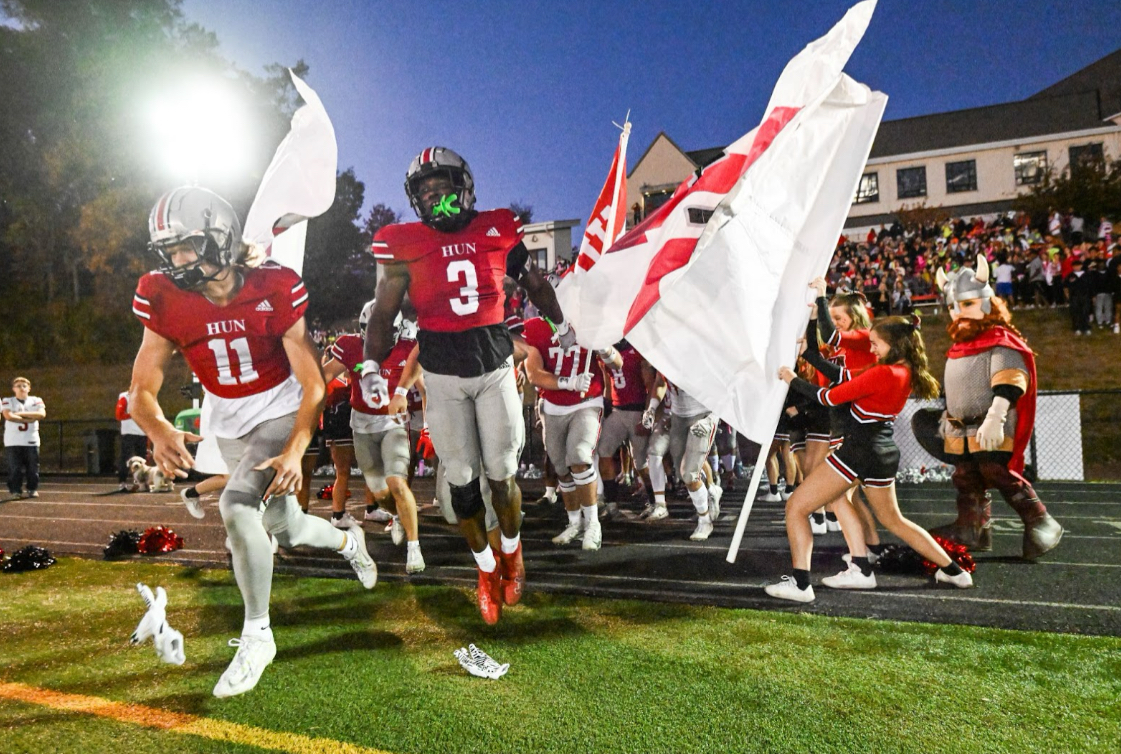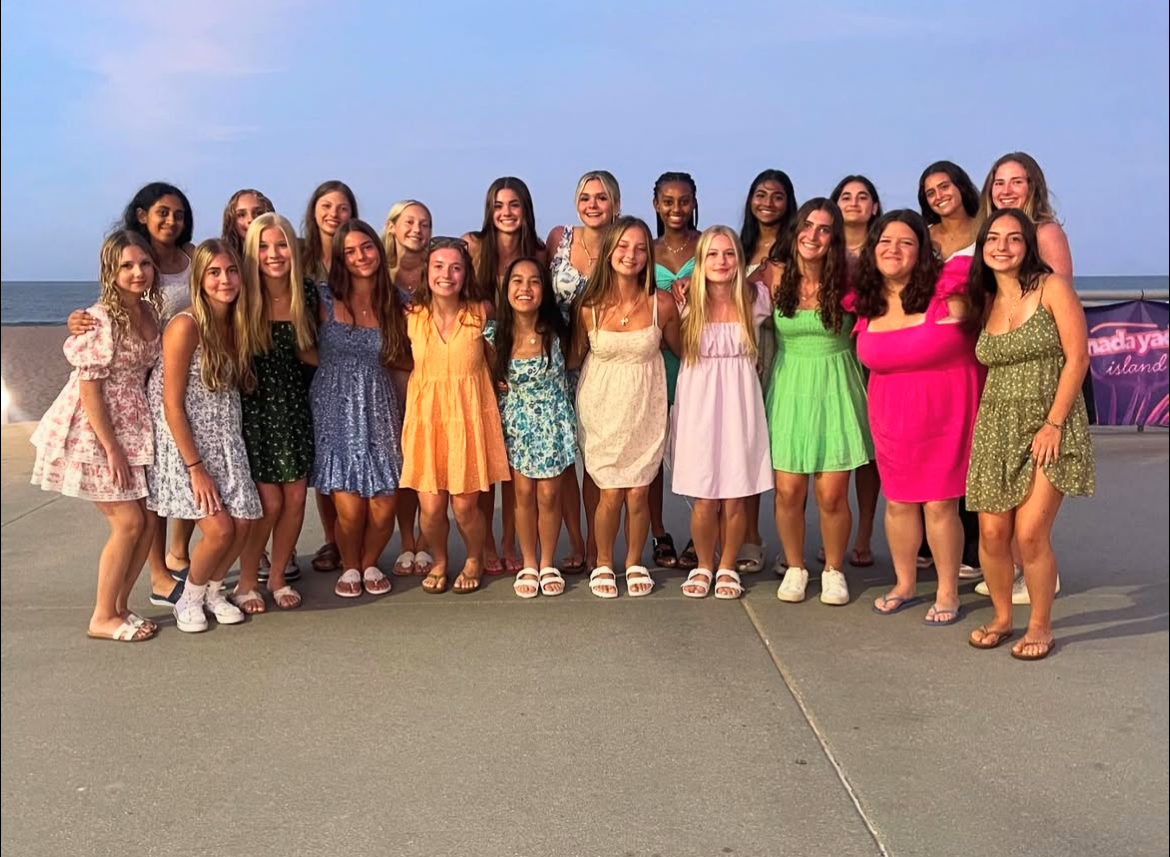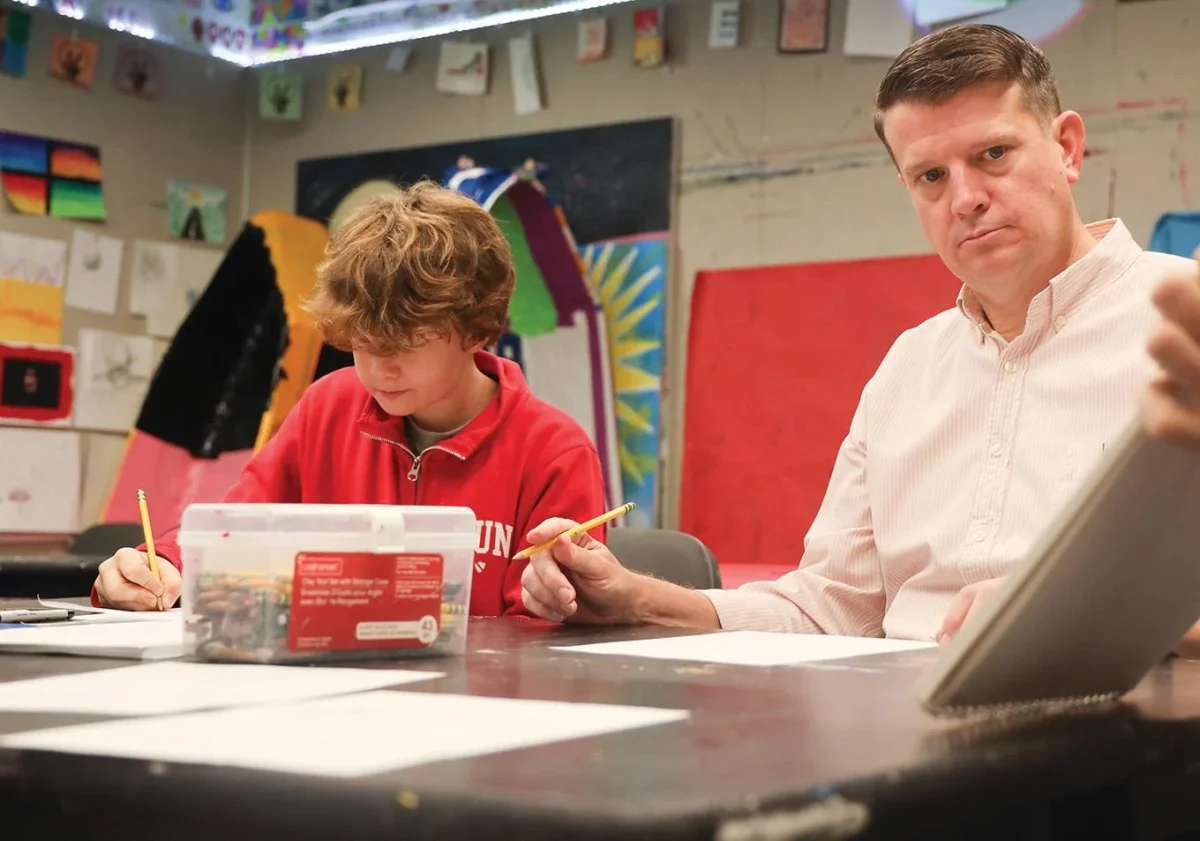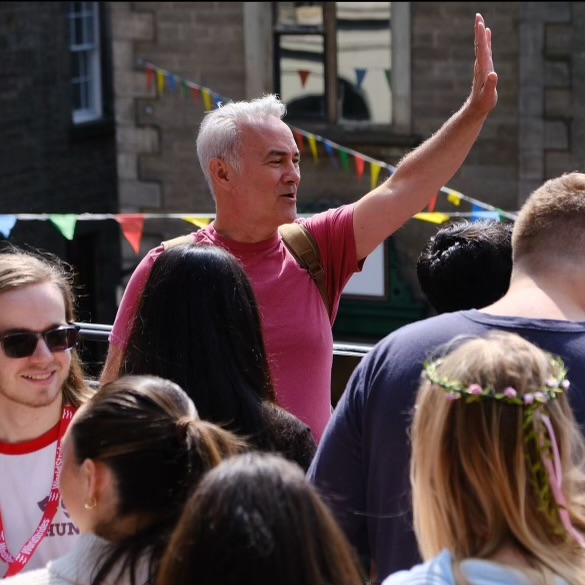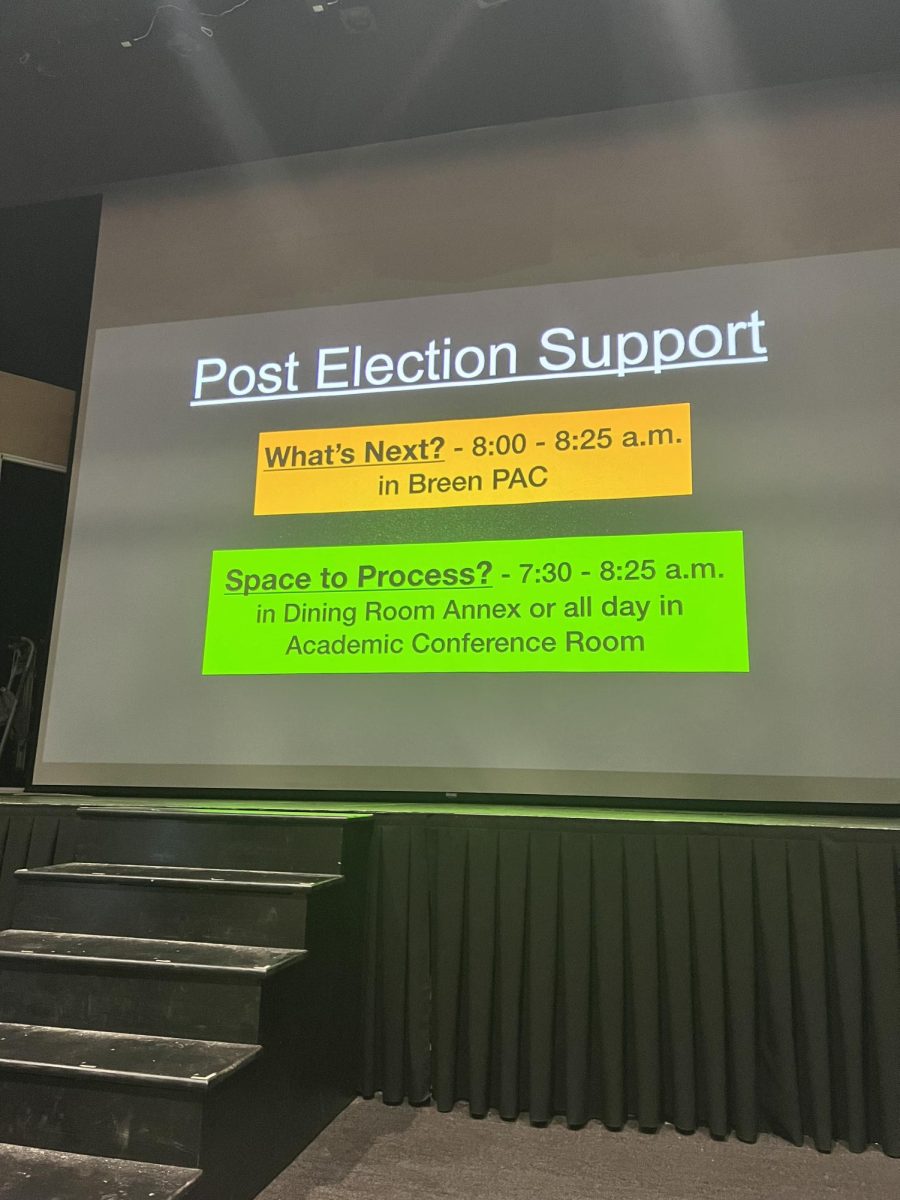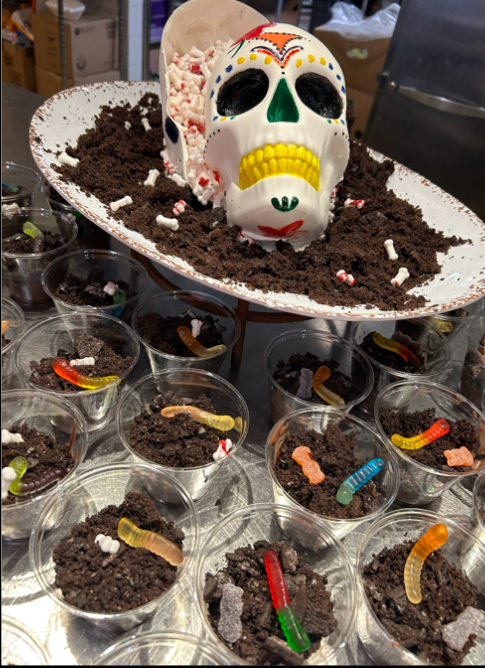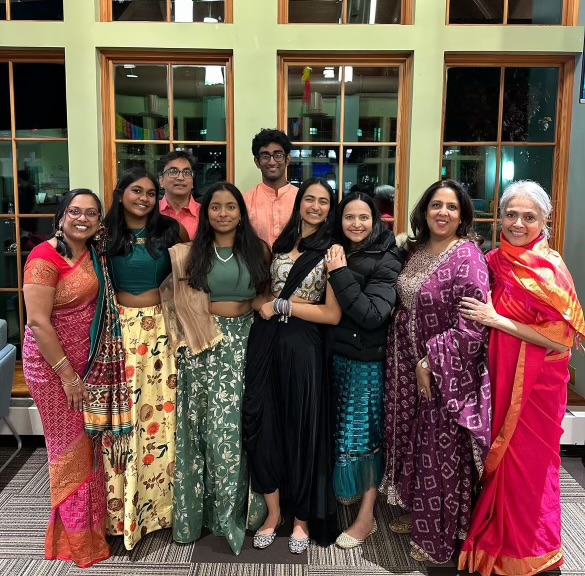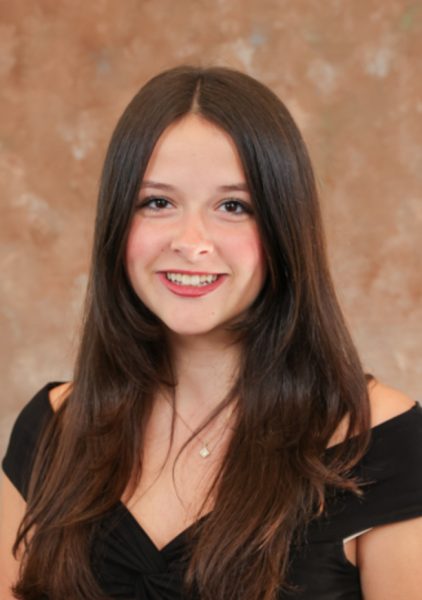Controversy, Expression, and Protection: How Hun is Handling the 2024 Presidential Election
By: Emma S.
As the presidential election rapidly approaches, The Hun School works to navigate difficult discussions that fairly represent all opinions.
Political conversations are never easy; they tackle the most prominent and controversial issues and it often seems impossible to come to an agreement. This November, high schools around the country are unsure how to handle them, if at all. Hun is no different.
An anonymous Hun faculty member explains, “I can provide information but it should be well-rounded and cover both sides. Students can take sides, but I have to be careful in how I manage the class to make sure people aren’t getting uncomfortable.”
These boundaries are seemingly logical but, through further inspection, rather vague. They raise the questions of at what point is it clear that a student is uncomfortable? Mr. Bronk has an answer.
“Students will express their discomfort. [To teachers] I offered a caution about discussions of politically charged issues in an election season because of the heightened sensitivity around those issues. A teacher’s position has inherent power in the classroom and they have to be mindful of that power in a political discussion.”
He is supported by Mr Hews, who states “I think it’s really essential for us to help inspire kids with a sense of civic engagement. I think that our Democratic Republic only functions if we have students who are engaged in political discourse and have not only an understanding of political topics, but also a willingness to become leaders in the future of our civic life.”
As a dedicated history teacher and head of the Hun Upper School, Mr. Hews holds a unique perspective of fostering political conversation in his classroom while simultaneously working to moderate it at an administrative level in his office. His goal to make space for political discourse at Hun is clear, and while some of the Hun community feels it is successful, others do not.
“I have to be very careful in how I discuss politics,” says another Hun faculty member who has requested that they remain anonymous. “As much as I would love to discuss the right to abortion; I cannot because there are too many people who might be affected.”
This statement implies that the encouragement of respectful political discussion does not extend to all of the topics on the ballot; some have been deemed “too polarizing.” Along with abortion rights, opinions on immigration and the validity of the 2020 election have been shut down in the classroom. Unfortunately, the inability to talk about controversial topics inhibits any education that may come from those conversations, as well as the necessary skill of respecting others and their views despite passionate differences of opinion.
Josh Dismukes, the student government president of the Upper School, who is known for his strength in respectful conversation and admirable open-mindedness, says, “I think that today’s political world has become so polarized that people don’t want to discuss politics, which is so unfortunate because that’s how we grow and learn from one another.”
In Hun’s attempt to keep the polarization of politics from infecting their students, it seems it has accidentally limited their ability to talk about all political issues freely and learn how to do so respectfully. Additionally, Hun will not be hosting two political events they had done consistently up until the 2020 election.
“In the Barack Obama reelection campaign in 2012, we did a mock debate and then we had students vote in a mock election,” Mr. Hews explains. “We haven’t done that since, and I think part of it is because things have gotten so much more partisan and so much more volatile politically on both sides that we don’t want to open the door to disrespect.”
Mr. Hews makes the fair point that political opinions are incredibly strong, and that there comes great risk with mimicking real political processes within a high school environment. The student government president, however, somewhat disagrees.
“[Not hosting a mock debate] just goes against the whole point; it seems like it’s just a war against both sides,” says Josh. “I think the problem is that people don’t get involved.” He adds that the biggest issue in terms of high schoolers and politics is simply that “not enough kids are informed.”
This was confirmed by a poll completed in Mr. Hews’ AP Government class, where a poll found that “many students” were “not engaged” in politics. The poll, though only a small sample, also found that Hun students who are interested and involved in politics are split almost equally down the middle in terms of their favored candidate. While these statistics show a wonderfully diverse community with a wide variety of opinions and ideas that can be learned from, it also has created some cautionary regulations.
“Historically, this election — from my own perspective — is not really like any other election we’ve ever had before,” says Mr. Hews. “Because political opinions are so strong, we are trying to be really careful about not allowing political signage and advocacy around campus, at least until the election is over.”
This decision has proven controversial among both faculty members and students. However, Mr. Hews emphasizes that its purpose is not to silence students, but to keep safety and learning as the main priority of school — the same reason that no clothing with political imagery is allowed.
Mr. Douce, director of equity, inclusion, and global diversity, agrees that student security is always the primary concern, stating, “We have to be hyper aware of the way that we protect students, especially when we can’t be present.”
With this in mind, Hun has taken measures to demonstrate that they do understand that this election is anxiety-inducing for many students and teachers alike. On Wednesday, November 6th, the day following the election, Hun will be hosting “post-election support” in the morning before school and during the school day, both with counselors and teachers. This will allow students the space to process feelings and talk through concerns that they may have based on the results of the election.
Mr. Hews also presented to the school a formal statement representative of the way that Hun will be dealing with the election: “Open dialogue and a willingness to hear others’ views are at the heart of the vigorous, student-centered learning that takes place at The Hun School of Princeton. Civil discourse that promotes legitimate intellectual and political speech is essential to empowering students to thrive in a diverse and ever-changing world and promoting resilient character. By encouraging students to interact with a diversity of ideas and viewpoints through civil discourse, The Hun School of Princeton fosters the crucial development of empathy, perspective-taking, and critical thought.”
He emphasized in a brief but impactful speech, “We are one School now before the election and we will be one School after the election. The world may be very polarized, but if we want to make a world that’s not, we have to start here.”
Not every member of the Hun community has arrived at the same conclusion when it comes to how talk of the election should be approached. However, politics are inherently controversial, and all disagreements have been respectful and justified. This is a prime example of how hard discussions can be had and that, overall, Hun does an excellent job of ensuring that their students have a voice.
